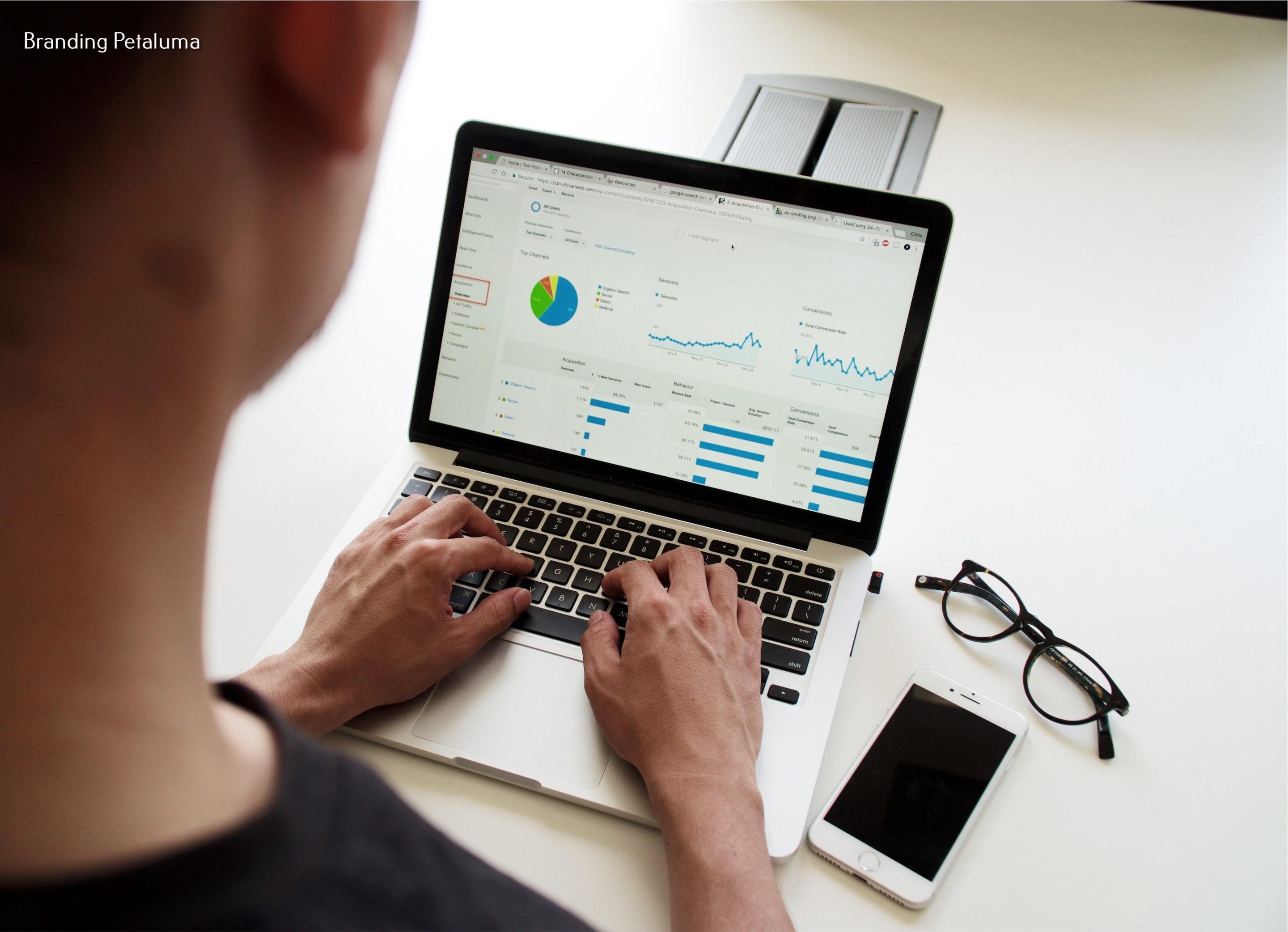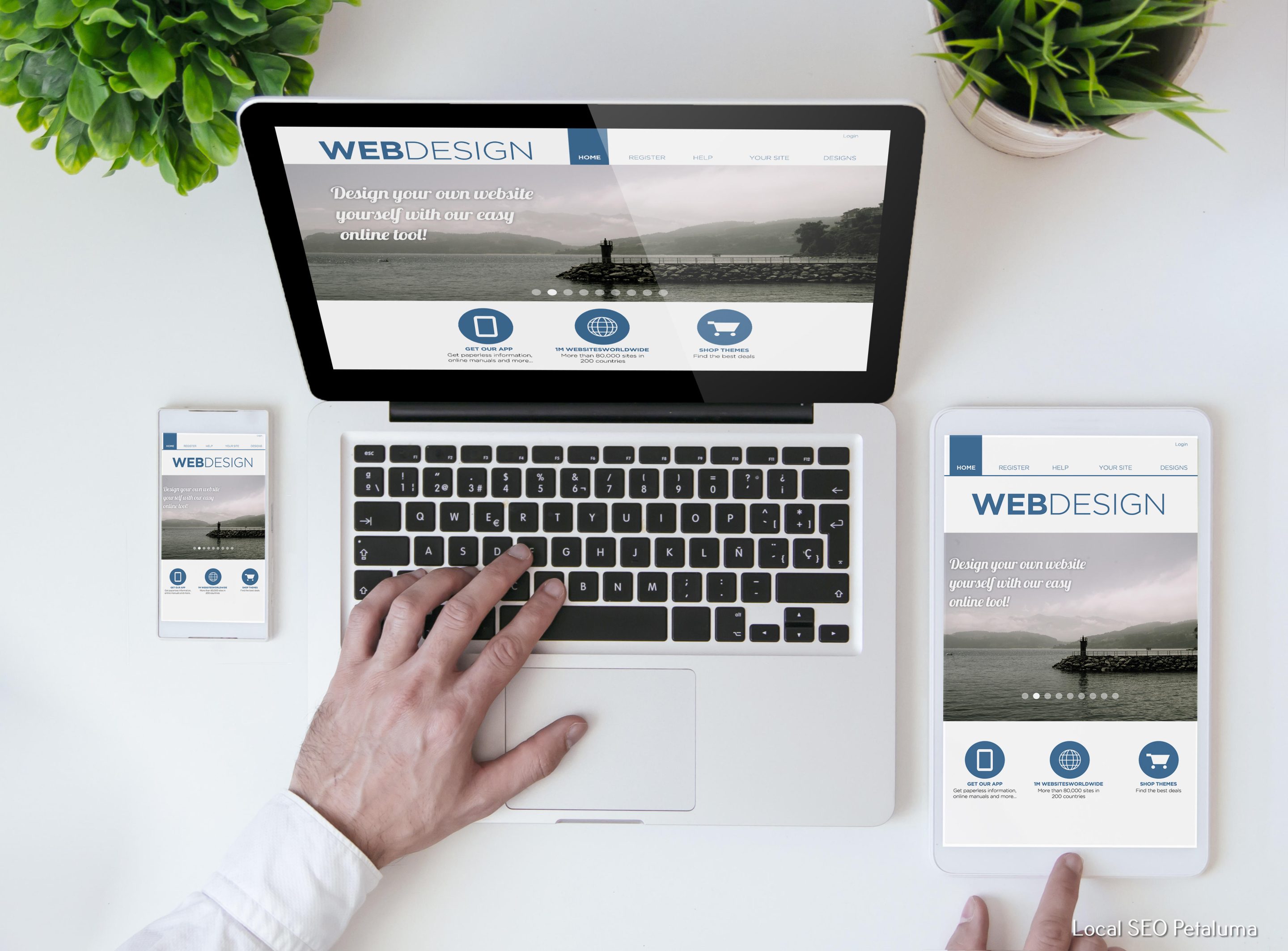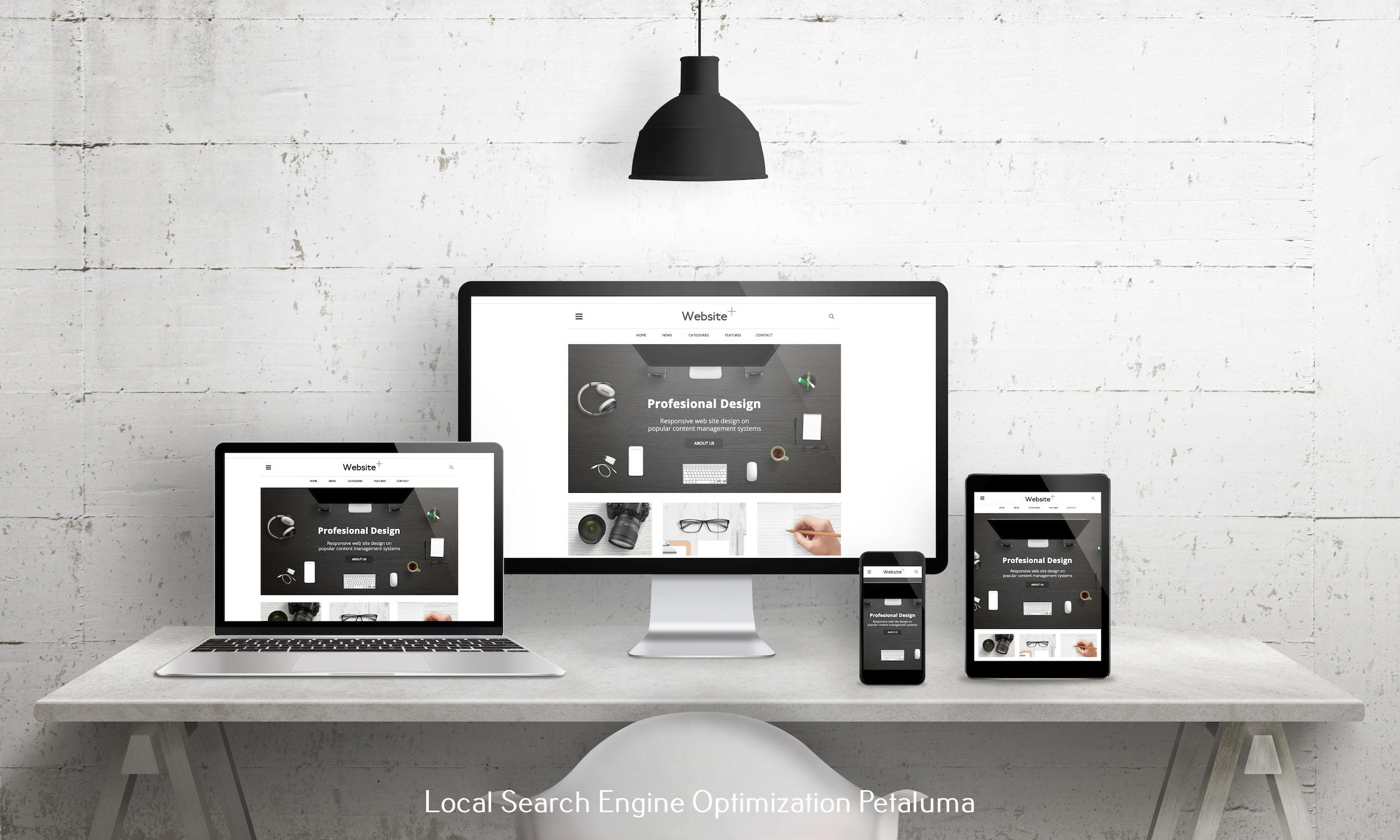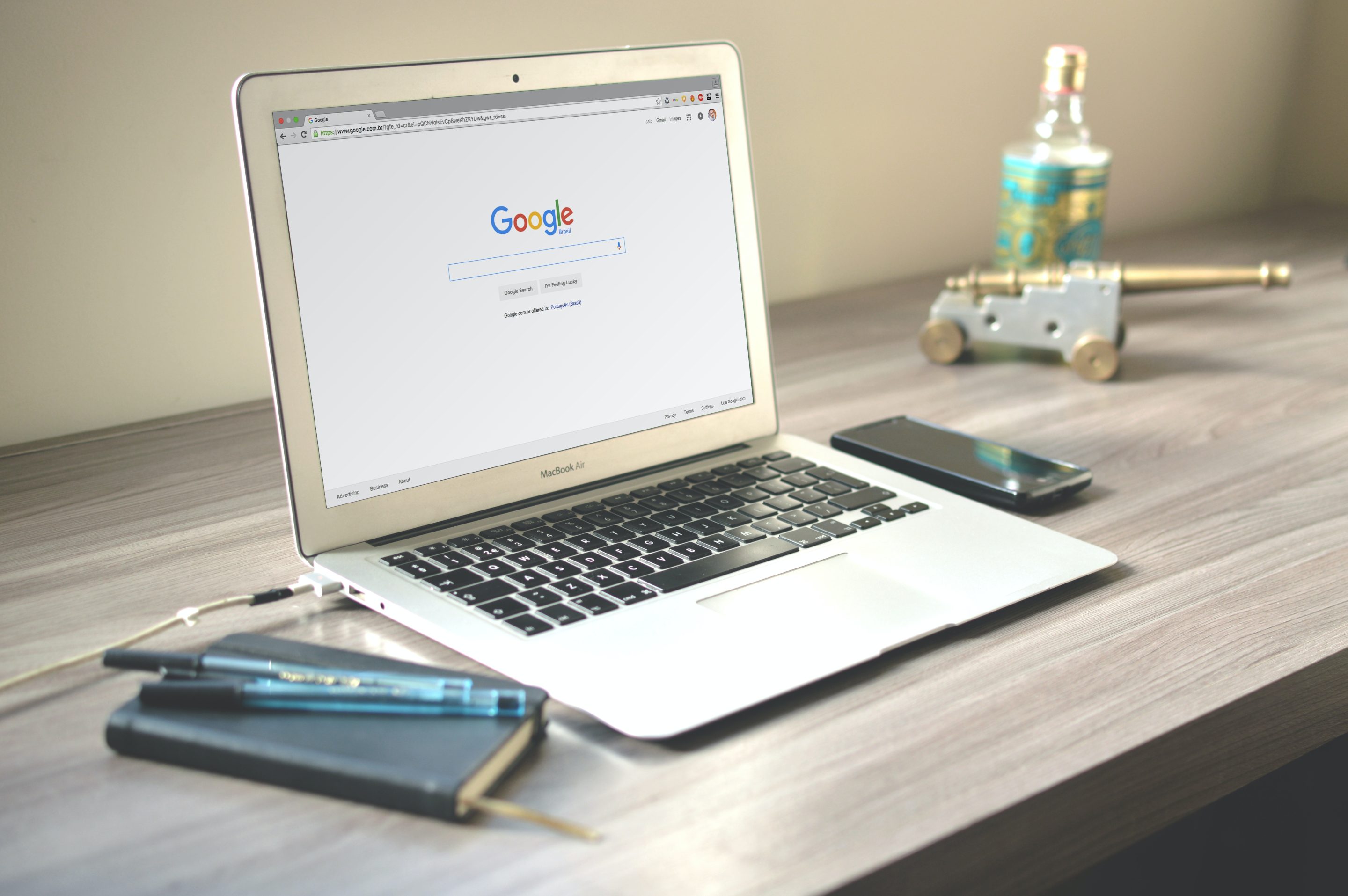Imagine this scenario: you have a beautiful and functional WordPress website for your business, but it's not showing up on the first page of Google search results. You know that having a strong online presence is crucial for success in today's digital age, and you also know that ranking high on search engines is key to driving traffic to your site. So how do you improve your WordPress SEO and boost your search ranking? Here are some tips and tricks from RAD Web Marketing, the premier digital marketing agency serving North Bay, CA and Sonoma County.
Understanding SEO Basics
Before we dive into specific strategies for optimizing your WordPress site, let's review some basic principles of SEO. Search engine optimization is the process of improving your website's visibility and ranking on search engines like Google. This involves creating high-quality content that is relevant to your target audience, using keywords strategically throughout your site, building backlinks from other reputable sites, and ensuring a user-friendly experience.
One important thing to remember about SEO is that it's an ongoing process. It takes time to see results, as search engines constantly update their algorithms. However, by implementing these tips and tricks consistently over time, you can see significant improvements in your WordPress SEO.
Optimizing Your Content
Content is king when it comes to SEO. Your website should have informative, engaging content that provides value to readers. But beyond just writing good content, there are specific steps you can take to optimize it for search engines.
Firstly, make sure each page or post on your WordPress site has a unique title tag and meta description. These are the snippets of text that appear in search results and give users an idea of what the page is about. Use relevant keywords in these tags but avoid keyword stuffing – using too many keywords can actually hurt your ranking.
Next, use headings (H1-H6) throughout your content to organize it into sections. This not only makes it easier for readers to digest, but it also helps search engines understand the structure and hierarchy of your content. Use your primary keyword in at least one heading and include variations of it throughout the text.
Another important aspect of optimizing your content is using internal links. These are links that point to other pages on your own website. By linking to relevant pages within your site, you not only improve navigation for users but also help search engines crawl and index your site more effectively. Just be sure not to overdo it – use internal links sparingly and only when they make sense in context.
Utilizing Plugins
WordPress offers a variety of plugins that can help improve your SEO efforts. One popular plugin is Yoast SEO, which provides an easy-to-use interface for optimizing titles, meta descriptions, headings, and more. It also offers a readability analysis feature that helps ensure your content is easy for readers to understand.
Another useful plugin is All in One SEO Pack, which automatically generates meta tags for each page or post on your site. It also allows you to set canonical URLs to avoid duplicate content issues and provides XML sitemap functionality.
Optimizing Your Images
Images are an important aspect of any website, but they can also impact SEO if not optimized properly. When adding images to your WordPress site, be sure to include alt tags – descriptive text that appears when an image cannot be displayed – as well as relevant file names.
For example, instead of naming an image “IMG_1234,” use a descriptive name like “best-SEO-tips.jpg.” This not only helps with accessibility for visually impaired users but also gives search engines more information about the image's content.
Additionally, compressing images can improve page load speed – a factor that affects both user experience and SEO ranking. There are several plugins available that can help with this task without sacrificing image quality.
Keeping Your Site Fast and Secure
Speaking of page load speed, it's crucial to have a fast and secure website for both user experience and SEO. Slow-loading sites can lead to higher bounce rates, which can negatively impact your search ranking. Ensure your WordPress site is optimized for speed by using caching plugins, optimizing images as mentioned above, and regularly cleaning up unnecessary files.
Security is also important for SEO – search engines prioritize websites that are secure and protect user information. Make sure your WordPress site has an SSL certificate installed, use strong passwords, and regularly update all plugins and themes to ensure maximum security.
In Conclusion
Optimizing your WordPress site for SEO takes time, effort, and consistency. But by following these tips and tricks from RAD Web Marketing, you can boost your search ranking and drive more traffic to your site. Remember to create high-quality content, use keywords strategically throughout your site, utilize plugins to streamline the process, optimize images for speed and accessibility, and keep your site fast and secure. With these tactics in place, you'll be well on your way to maximizing your WordPress SEO.






































0 Comments